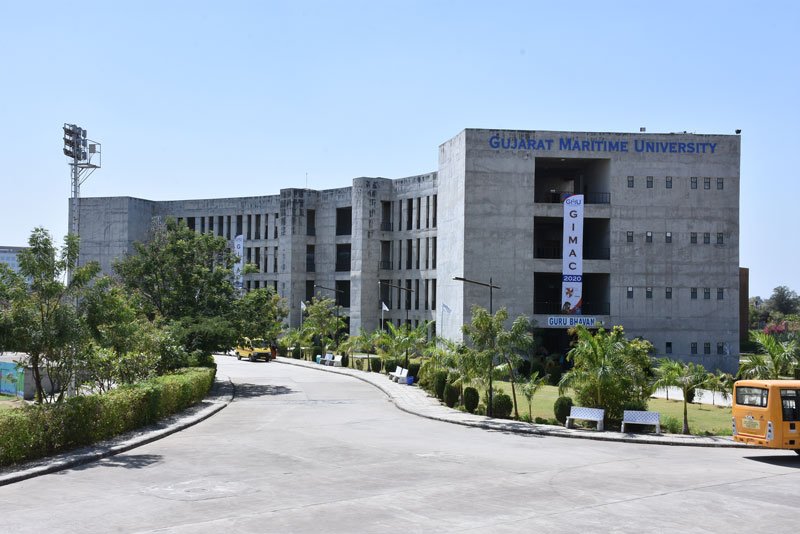The maritime industry, vital for global trade and logistics, faces a pressing challenge: the gap between academic learning and real-world skills. Graduates often leave academic institutions with theoretical knowledge but lack the practical experience necessary to thrive in maritime careers. This disconnect becomes evident when they face real-life challenges at sea or in port operations.
In India, where the maritime sector is growing rapidly, bridging this gap is critical to ensure that students are ready for the complex demands of the industry. Leading marine colleges in India are addressing this issue by integrating practical training into their curriculum. By offering hands-on experiences, internships, and onboard training, they ensure that students are well-prepared for the dynamic maritime environment.
Onboard Training Acts as Foundation of Maritime Careers
Onboard training is one of the most significant aspects of maritime education. Students spend a substantial amount of time aboard ships, engaging in various operational tasks such as navigation, cargo management, and vessel maintenance. This training allows students to understand the nuances of ship operations, emergency procedures, and international maritime regulations, making them job-ready. Real-time experiences at sea teach students problem-solving, teamwork, and critical thinking, skills that are hard to acquire in the classroom.
Port and Shipyard Internships
Internships at ports and shipyards are essential to maritime training. By gaining firsthand experience in port operations, logistics, and cargo handling, students develop a comprehensive understanding of the shipping industry’s intricate processes. In India, some of the best maritime colleges in India partner with major ports to offer students valuable exposure to logistics, vessel scheduling, customs procedures, and international shipping regulations.
Technical Skills in Engine Rooms and Maintenance
Understanding the technical aspects of ships is another critical component of maritime education. Practical training programs often include engine room simulations and workshops where students learn the mechanical and electrical operations of vessels. Maintenance of machinery, troubleshooting, and repair techniques are taught to ensure that future maritime professionals have the technical knowledge required for managing ship operations.
Simulation and Training Centers
Modern maritime training has embraced technology to simulate real-world environments. Many of the best maritime colleges in India use simulators for ship navigation, port operations, and emergency situations. These simulators allow students to practice skills such as ship handling, collision avoidance, and decision-making under pressure.
Soft Skills Development: Leadership and Teamwork
In addition to technical knowledge, practical training in maritime education focuses on developing soft skills such as leadership, communication, and teamwork. Maritime professionals often work in high-pressure environments, and effective teamwork and communication are essential for safety and operational efficiency. Students in marine colleges in India participate in group projects, simulations, and field training, where they learn to collaborate with people from diverse backgrounds, ensuring they can lead teams and manage tasks efficiently.
Also Read: https://empireadda.com/top-education-conferences-for-teachers-in-2025/
Conclusion
Practical training in maritime education plays a crucial role in preparing students for the challenges of the maritime industry. The integration of hands-on experiences, internships, onboard training, and modern simulators in the curriculum of best maritime colleges in India ensures that students graduate with a strong foundation in both theory and practice. This comprehensive approach not only enhances their technical skills but also prepares them to take on leadership roles in the global maritime sector.



